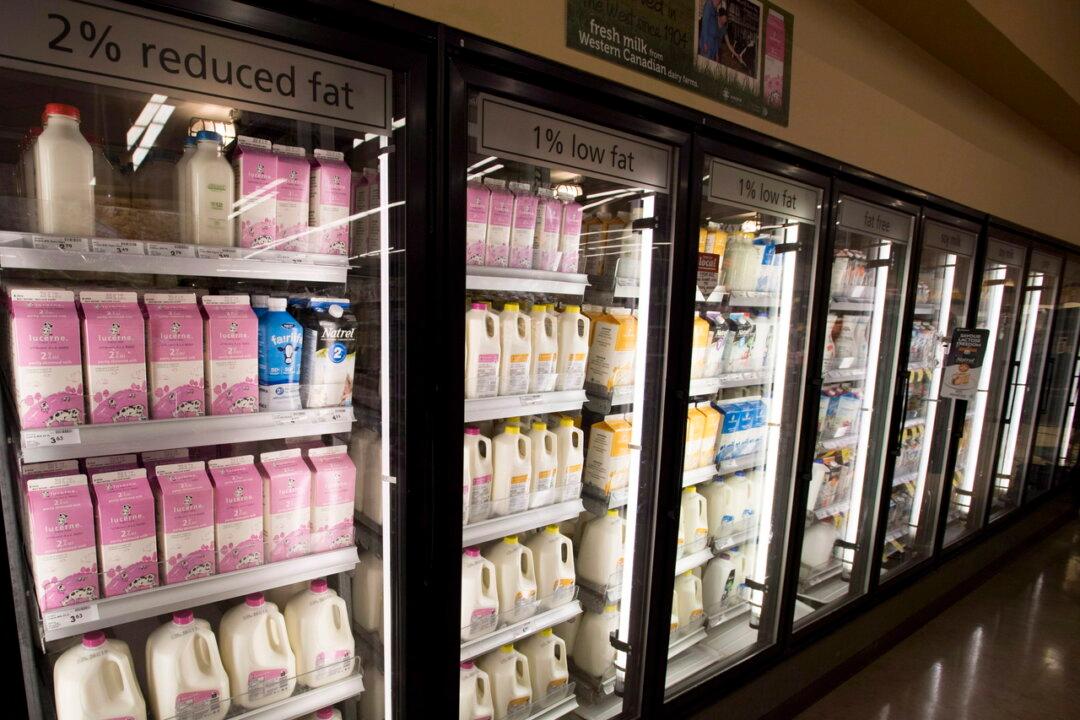The Canadian Dairy Commission (CDC) plans to increase the price of farm gate milk on Feb. 1, 2022, which is expected to push up the cost of other dairy products.
“The increase in producers’ revenues will partially offset increased production costs due to the COVID-19 pandemic which caused revenues to remain below the cost of production,” the CDC said in a statement on its website, adding that feed, energy, and fertilizer costs have been especially impacted by the pandemic.





